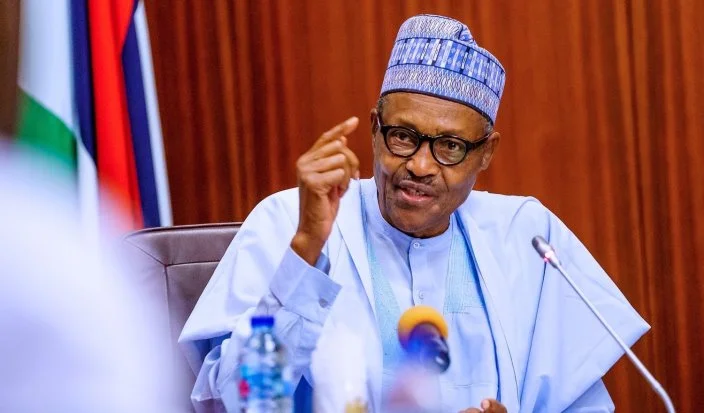President Muhammadu Buhari has appointed new military chiefs to tackle Nigeria’s ongoing Boko Haram insurgency, a move celebrated in the northeast, per Bashir Ibrahim Idris of RFI’s Hausa service.
Major General Leo Irabor, named chief of defence staff on January 26, 2021, brings proven success from his 2015 operations in Maiduguri, where he captured five Boko Haram commanders.
Rear Admiral Awwal Zubairu Gambo (naval chief) and Major-General Ibrahim Attahiru (army chief), both with northern experience, join him.
Idris told Africa Calling podcast that their appointments have sparked relief and optimism among Nigerians, particularly in the Hausa community, who hope for progress against the insurgency.
Irabor’s Track Record Against Boko Haram
As theatre commander in Maiduguri in 2015, Leo Irabor protected local governments, disrupted banditry, and eliminated key Boko Haram figures, Idris noted. His experience in the restive northeast, where Boko Haram has killed over 40,000 since 2009, makes him a strategic choice.
Gambo, from Kano, and Attahiru, from Sokoto, bring regional familiarity, crucial for countering insurgents in Borno and beyond.
However, the appointments follow years of Buhari resisting calls for leadership changes, reflecting frustration over stalled progress against Boko Haram.
Corruption Allegations and PDP’s Call
The opposition People’s Democratic Party (PDP) seized on the leadership overhaul, demanding a probe by the Economic and Financial Crimes Commission (EFCC) into alleged corruption in military funding.
The PDP’s January 26, 2021, statement highlighted accusations of diverted weapons funds, which left soldiers underequipped.
Idris noted public concerns about missing equipment despite National Assembly-approved budgets.
Corruption has long hampered Nigeria’s fight against Boko Haram, with reports of mismanaged funds undermining troop morale and effectiveness, as detailed in studies like those from Transparency International.
Ongoing Boko Haram Challenge
Boko Haram’s insurgency, now in its 16th year, continues to devastate northeastern Nigeria, with 2025 seeing renewed attacks despite record defense budgets of N12.6 trillion since 2009.
Recent incidents, like the January 4, 2025, attack on a Damboa military base, highlight the group’s resilience, per BusinessDay.
The new chiefs face pressure to address these setbacks, with ISWAP’s sophisticated tactics, including drone use, adding complexity.
Future Prospects for Nigeria’s Security
The appointment of experienced northern officers signals Buhari’s renewed focus on Boko Haram, but success hinges on addressing corruption and resource gaps.
With over 100,000 deaths and millions displaced, the stakes are high. Irabor’s team must leverage regional knowledge and improve coordination to curb the insurgency.
As Nigeria navigates this transition, global observers and locals alike await tangible results to restore security and trust in the military.






